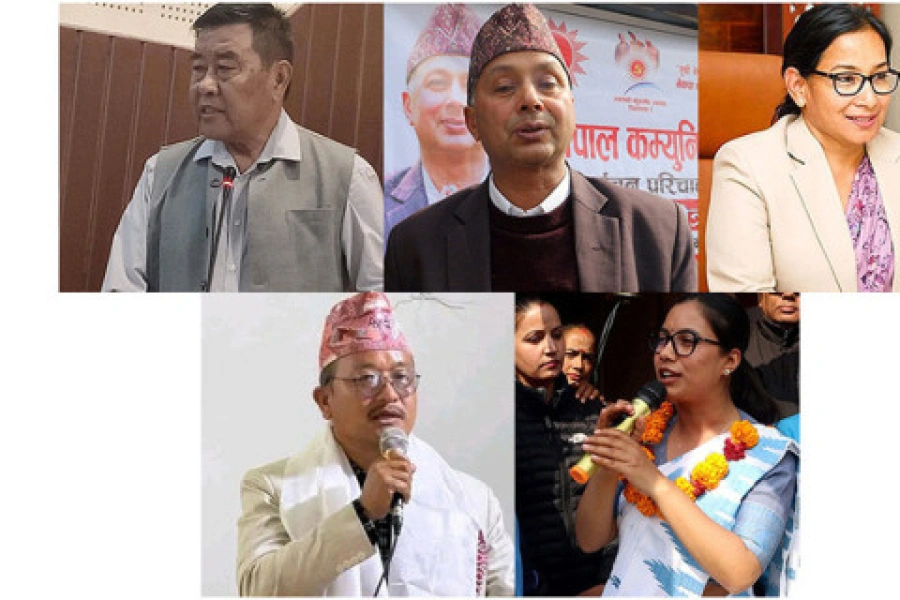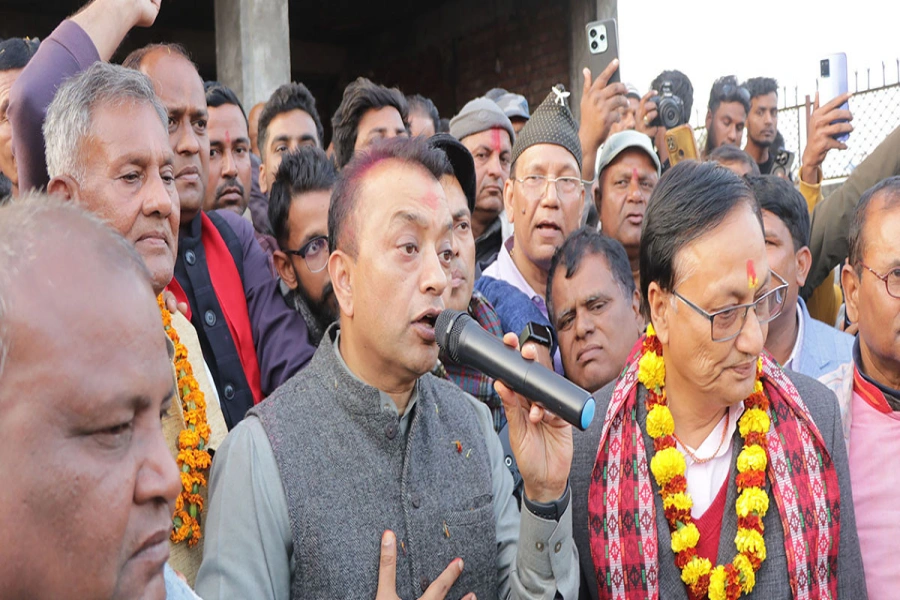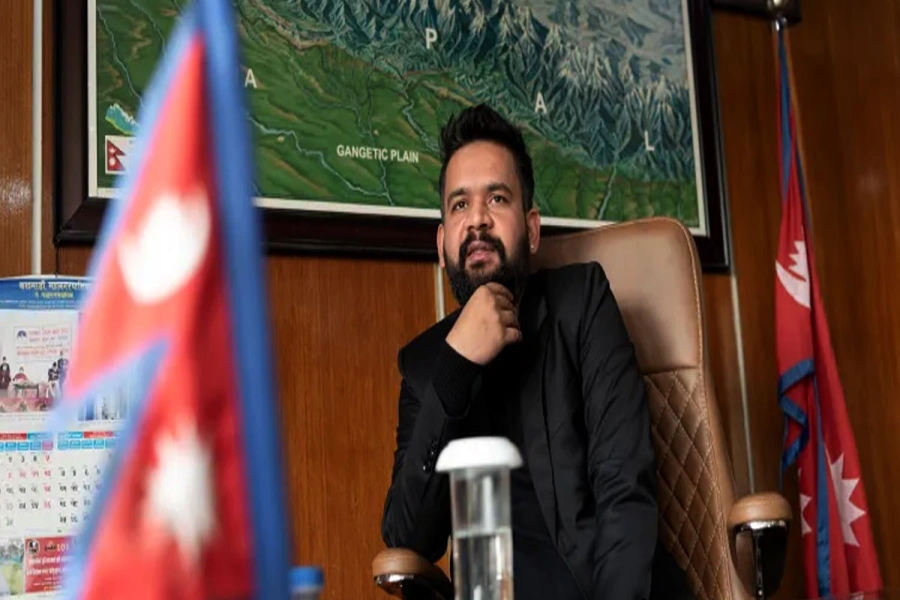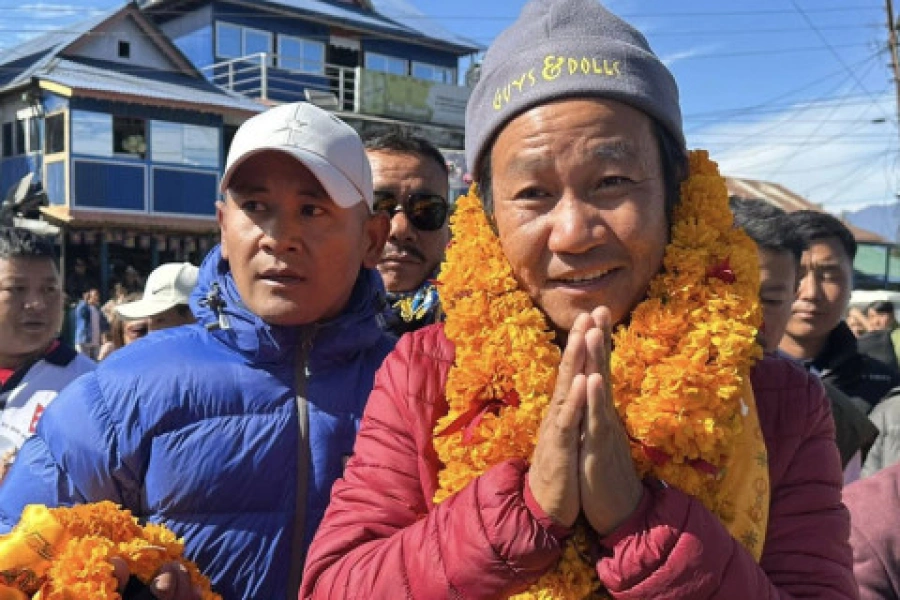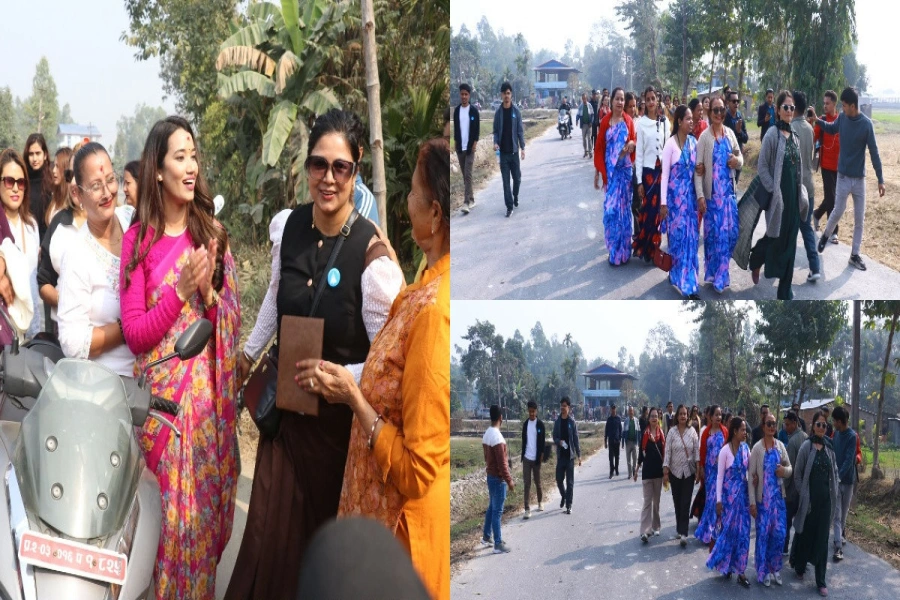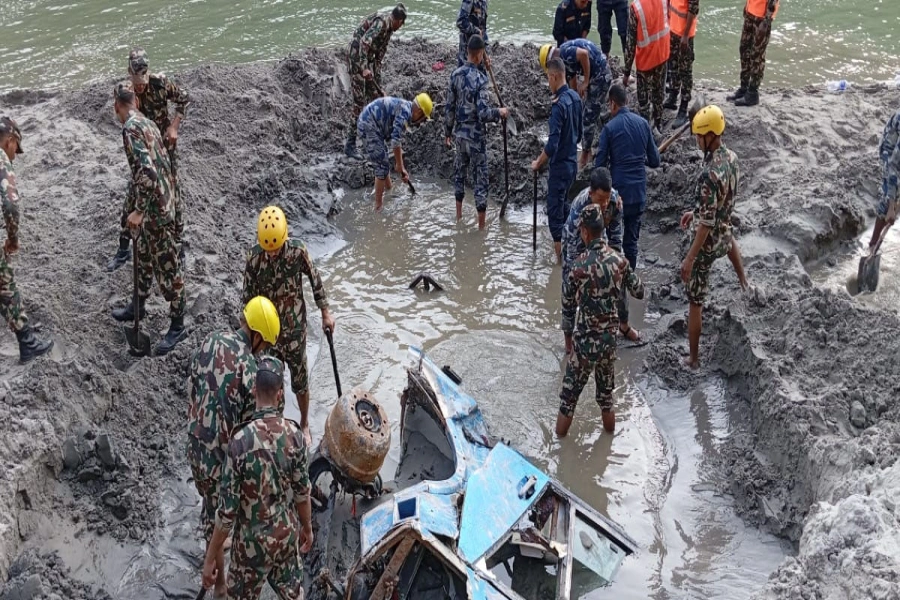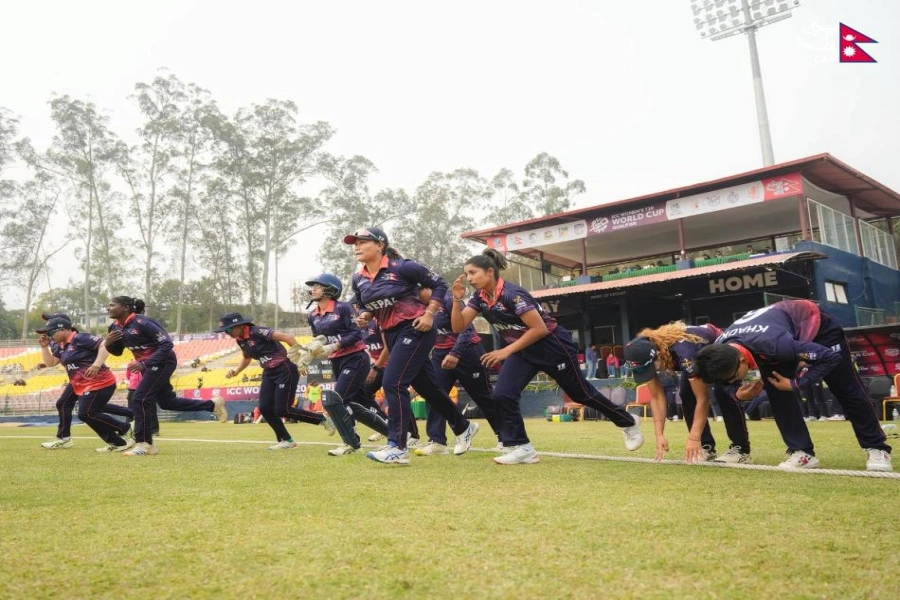Those in the informal sector have already been disproportionately harmed by the pandemic. They are the ones the governments struggle most to reach with targeted policies and relief.
As COVID-19 has spread rapidly across the globe, governments have struggled to respond to the threats it poses on lives, livelihoods and economies. The scale of the population affected both by the virus and accompanying economic downturn is massive; as we see those around us getting sick and dying, we also see so many struggling to preserve their ways of life. In May, the Asian Development Bank predicted that the global economic loss due to COVID-19 could reach US$ 8.8 trillion, equivalent to nearly 10 percent of global GDP. Approximate estimates of Nepal’s losses in the first two months of the lockdown period have been calculated at US$ 1.5 billion, or five percent of GDP. These losses will only grow.
COVID-19 has adversely affected nearly every corner of the economy, and among the most vulnerable to this economic downturn are informal workers and businesses. Those in the informal economy, like their formal counterparts, engage in the production of goods or services with the objective of generating employment and income, contributing significantly to their economy. Their informal status is defined by their existence outside of regulatory frameworks, often unregistered and ineligible for government benefits and social protections. Informality is a global phenomenon, with over 60 percent of the world’s employed population engaging in informal work. And Nepal has one of the region’s and world’s highest rates of informality, with the International Labour Organization estimating over 94 percent of Nepal’s workforce in informal employment.
Real estate sector tops informal transactions in Nepal

The degree of disruption the pandemic will have on each sector within the global economy is yet to be seen, and its lasting impact will be determined both by the intensity of the crisis as well as governments’ capacity for resilience and relief. But there is no question that those in the informal sector have already been disproportionately harmed by the pandemic, and often represent populations that governments struggle most to reach with targeted policies and relief. As governments struggle to aid those most in need, development assistance is in many cases shrinking, threatening the progress the global community has made towards achieving the Sustainable Development Goals and in improving the lives of billions around the world. Now more than ever, it is time to focus on improving the lives and livelihoods of those engaged in informal work.
Vulnerability within the informal economy is not a new phenomenon, though it has no doubt been exploited and exacerbated by COVID-19. Informal work encompasses the activities of so many, including street vendors, agriculture workers, and countless others throughout Nepal’s and the global economy. Informal workers may be self-employed, may be part of a larger informal enterprise, or may work informally under a formally registered business. So many of these workers faced an impossible dilemma as the pandemic spread, unable to consider forgoing what little income they had to avoid the risk of contracting the virus. Others were not even able to confront this dilemma themselves, and were forced into an impossible situation by government order.
Nepal’s brick sector, for example, has long provided livelihood opportunities for hundreds of thousands of workers below the poverty line. The sector is seasonal and most workers are migratory, traveling to kilns for the brick season. When Nepal’s lockdown began in March, the brick sector like so many others was caught off guard. Kilns shut down their operations, depriving workers of much needed wages, and workers were trapped on kilns, unable to travel home and in some cases struggling to find food. Those who did manage to leave kilns left with little to no money, and in many cases with outstanding debts due to the shortened brick-making season. Already struggling to make ends meet, so many brick workers now face increased, almost impossible challenge of providing basic needs for themselves and their families.
Brick workers are just one example of the countless already vulnerable informal workers in Nepal now struggling to survive the COVID-19 crisis. The Nepali government has made significant efforts to lessen the effects of the pandemic, providing much needed private sector support at the federal level, job creation initiatives at the provincial level, and emergency relief at the local level. But will informal workers benefit from this relief? In many cases they won’t. The very nature of informality poses significant challenges for governments who attempt to create policies that benefit informal workers. Their unregistered nature, often at the margins of society, can present a significant roadblock even to policies explicitly designed to address their needs.
The Nepali government has, however, demonstrated a laudable commitment to advancing progressive labor laws and policies, including those aimed at transitioning informal workers into the formal economy, allowing them to access decent working conditions, and social protections. Similarly, pledges at the national and international levels to eradicate forced labor, child labor, and human trafficking represent commendable steps to improve the lives of those most vulnerable. But much more still needs to be done to address the plight of informal workers, whose problems can quickly grow from personal economic challenges to broad-based societal tension and revolt.
The challenges informal workers and whole economies face are not new, but the COVID-19 crisis means that they can no longer be ignored. Relief efforts must recognize the importance and specific needs of informal workers, and pre-existing government and international programs must adapt to ameliorate this ever-growing crisis. Due to their very nature, so many informal workers are not in a position to be able to raise their voices and collectively advocate for themselves. Therefore, government, civil society, and development partners must prioritize their voices and needs, and create responsive policy measures and targeted programs and mechanisms to support these vulnerable populations in a coordinated manner. The time is now to consider progressive reforms to aid informal workers where they are, and also make transition possible for those who wish to join the formal economy. With all of its strife, the pandemic has also presented a unique opportunity to center the needs of those who have long struggled to thrive or even survive within the existing economy. Though it will not be an easy undertaking, if national and international actors choose to seize this opportunity, they will be able to bring about dramatic and sustainable improvements to the lives of so many.
The author is Country Director for Global Fairness Initiative (GFI) Nepal.






